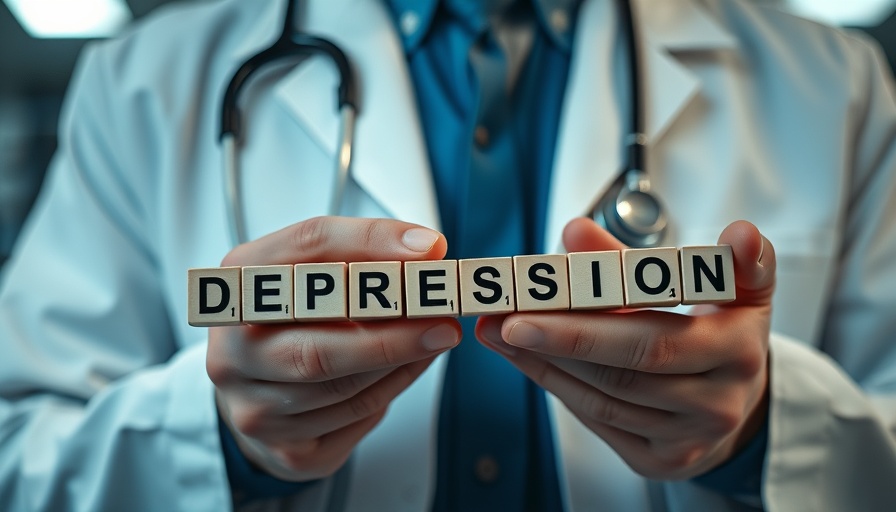
Unveiling the Healing Potential of Psilocybin
Recent studies suggest that psilocybin, a compound found in certain mushrooms, may serve as a groundbreaking therapeutic option for individuals grappling with cancer-related anxiety and major depressive disorders. As the stigma surrounding psychedelic substances diminishes, researchers find novel avenues for exploring their potential health benefits. Psilocybin therapy could not only alleviate symptoms but may also transform the overall approach to mental health treatment.
Historical Context of Psilocybin in Medicine
Psilocybin has a rich history of use in various traditional cultures for spiritual and healing practices. Indigenous peoples in regions like Mexico have long utilized mushrooms containing psilocybin in rituals and healing ceremonies. Despite its traditional use, modern medicine has only begun to catch up, with recent clinical trials suggesting it may enhance emotional well-being and provide relief from existential distress often experienced by patients facing terminal illness.
Current Research on Psilocybin and Cancer Patients
Clinical trials have emerged indicating that psilocybin can significantly improve mood, reduce anxiety, and enhance the quality of life for cancer patients. A pivotal study conducted by Johns Hopkins University found that patients experienced a marked reduction in anxiety levels after receiving psilocybin therapy. This is particularly important as psychological distress is commonly reported among those diagnosed with cancer. The profound effects observed extend beyond mere mood elevation; many participants described experiencing a greater sense of peace and acceptance in their lives.
Drawing Parallels: Psychedelics and Other Treatments
While psilocybin's role as a treatment for mental health issues is gaining traction, it is essential to compare it with other therapeutic interventions. For instance, traditional antidepressants often come with numerous side effects and may take weeks to show effectiveness. In contrast, psilocybin therapy, in controlled settings, demonstrates rapid relief from symptoms with fewer reported side effects. This divergence could represent a major shift in treatment protocols for mental health care, particularly in urgent cases like cancer.
Diverse Perspectives: Support and Skepticism
The rise of interest in psychedelic treatments is met with both enthusiasm and caution. Proponents of psilocybin therapy argue for its potential to unlock enhanced mental resilience and emotional healing. However, some experts caution against potential misuse and the need for more extensive long-term studies to understand the full scope of benefits and risks associated with psilocybin use. Balancing optimism with caution is crucial as the medical community explores this exciting frontier.
Future Predictions: The Path Ahead for Psychedelic Medicine
As research advances, the future of psilocybin as a therapeutic agent lies in its ability to transform mental health treatment paradigms. Expected approvals for clinical use in the coming years may pave the way for regulated therapies that incorporate psilocybin into conventional healthcare settings. Supplies of legal psilocybin for therapy will need to be securely managed to ensure safety and efficacy, signaling a new chapter in holistic health approaches.
What You Can Do: Staying Informed
For those interested in the potential medical benefits of psilocybin, staying informed is crucial. Engaging in discussions about psychedelic therapy, advocating for research funding, or attending educational events can pave the way for broader acceptance and understanding within society. Moreover, sharing personal stories about mental health may help reduce stigma and encourage meaningful conversations around innovative treatment options.
Conclusion: A New Era of Mental Health Support
The exploration of psilocybin for patients with cancer and severe depression signifies an important shift in medicine. As the conversation around psychedelics evolves, so does the promise of new, innovative treatment options that could enhance the quality of life for many individuals. Observing the unfolding evidence and fostering open dialogue will be essential as we step into this new era of mental health support.
 Add Row
Add Row  Add
Add 




Write A Comment